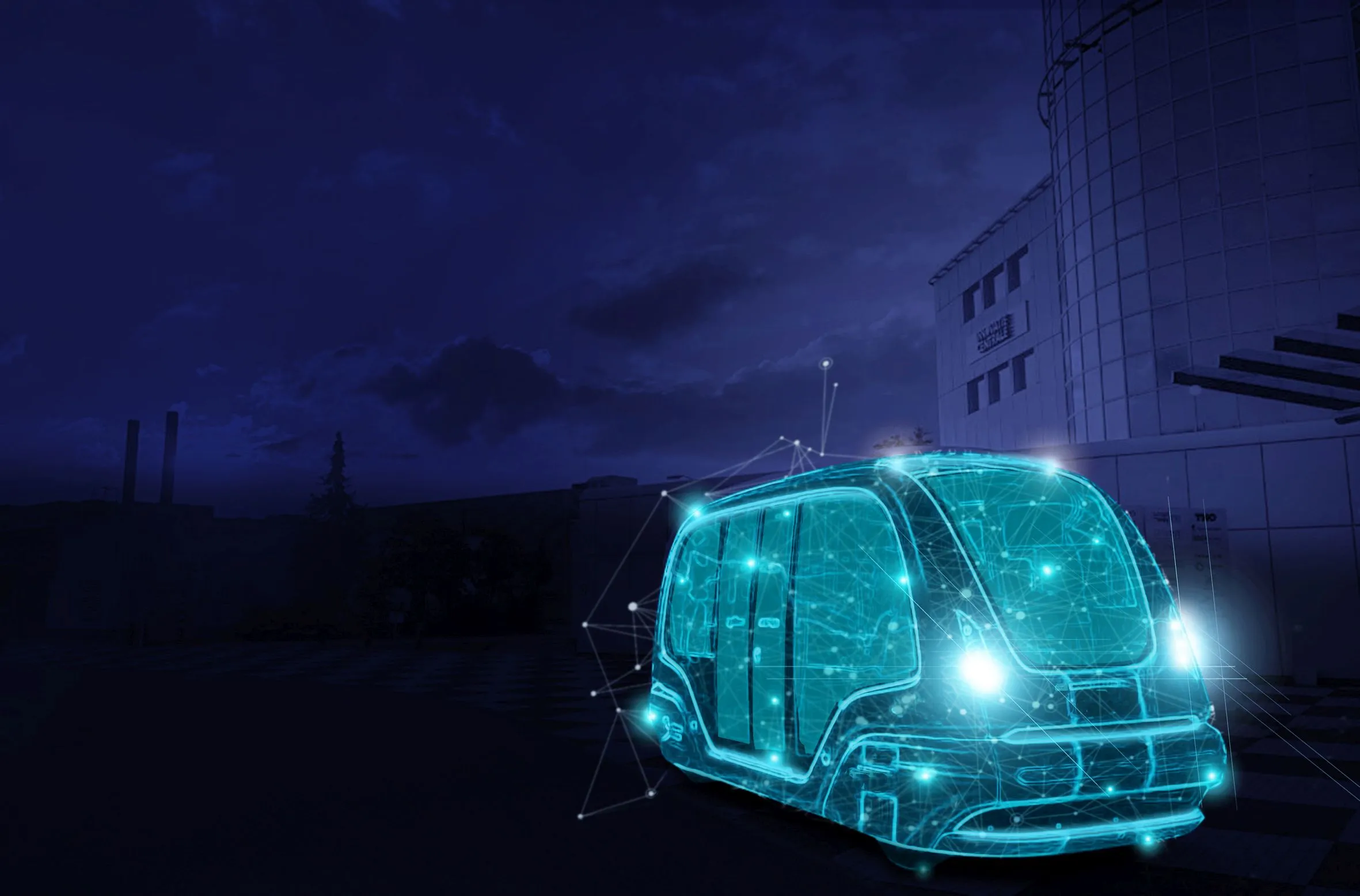In 2020, the route will be extended towards a stop at the Brienenoord bridge where passengers can board the Waterbus, which connects the Drecht cities: Alblasserdam, Dordrecht, Hendrik-Ido-Ambacht, Papendrecht, Sliedrecht and Zwijndrecht to Rotterdam, with ParkShuttle providing access to the region's metro network. It is expected to increase daily passenger numbers by 20%.
Half of the project's €8.5m (£7.5m) investment will come from the De Verkeersonderneming Rotterdam, a public-private partnership between the Municipality of Rotterdam, the Rotterdam/The Hague Metropolitan Area, the Dutch Ministry of Infrastructure and Water Management, and Port of Rotterdam. The transaction forms part of the Marktplaats voor Infrastructuur initiative which promotes infrastructure-related public-private partnerships.
Robbert Lohmann, 2getthere, chief compliance officer, said that it expects the Lower Chamber of the Dutch Parliament to vote in favour of a new bill on the experimental use of self-driving vehicles that will be discussed next year. “This bill determines what authorisation requirements are appropriate for fully autonomous vehicles. We are currently looking into this with the Dutch Government Road Transport Agency to determine what is required and how to fulfil the most stringent safety requirements. This alone shows that this is truly a pioneering project.”
Capelle aan den IJssel’s Alderman Dick van Sluis, said: “We are exploring the possibilities to extend the route to Erasmus University Rotterdam. This extension, as well as the connection to transport over water, will result in a massive increase in the amount of passengers. We are also anticipating the realisation of Rotterdam’s new stadium Feyenoord City, allowing spectators and visitors of events to travel from Rivium. The business park will be able to welcome many visitors who aren't necessarily reliant on their car, which fits really well with our ambition to transform it into the Rivium Campus: an attractive urban environment where working, living and leisure go hand in hand.”
2getthere expands driverless system to run on Rotterdam’s public roads
2getthere will expand its Parkshuttle in Rotterdam region by providing six shuttle vehicles to run autonomously on public roads without a safety steward or driver on board as part of an agreement with the Capelle aan den Ijssel municipality. The project aims to increase regional capacity and will transport 500 passengers per hour in each direction with the first phase operational by next year.
January 2, 2018
Read time: 2 mins







